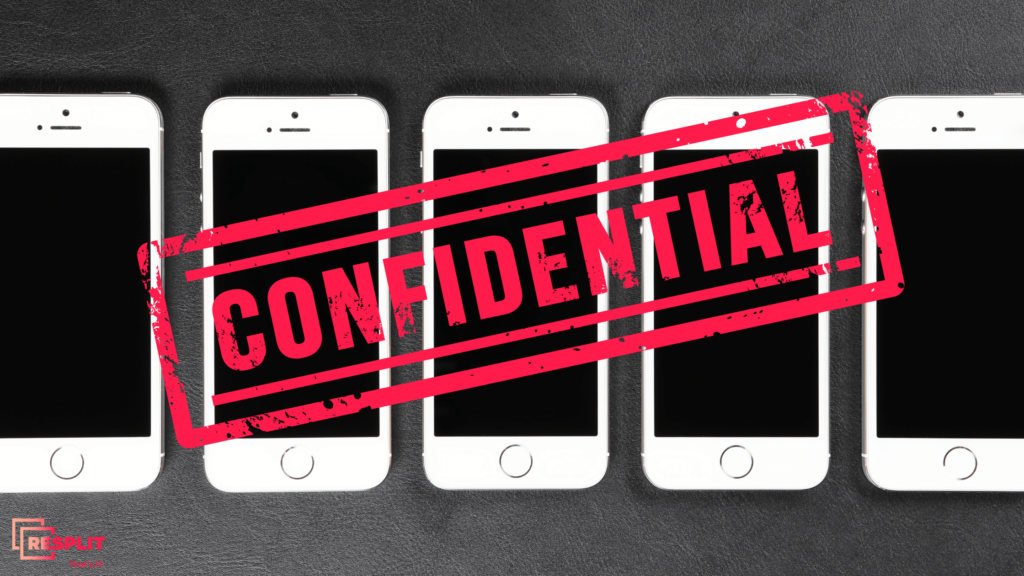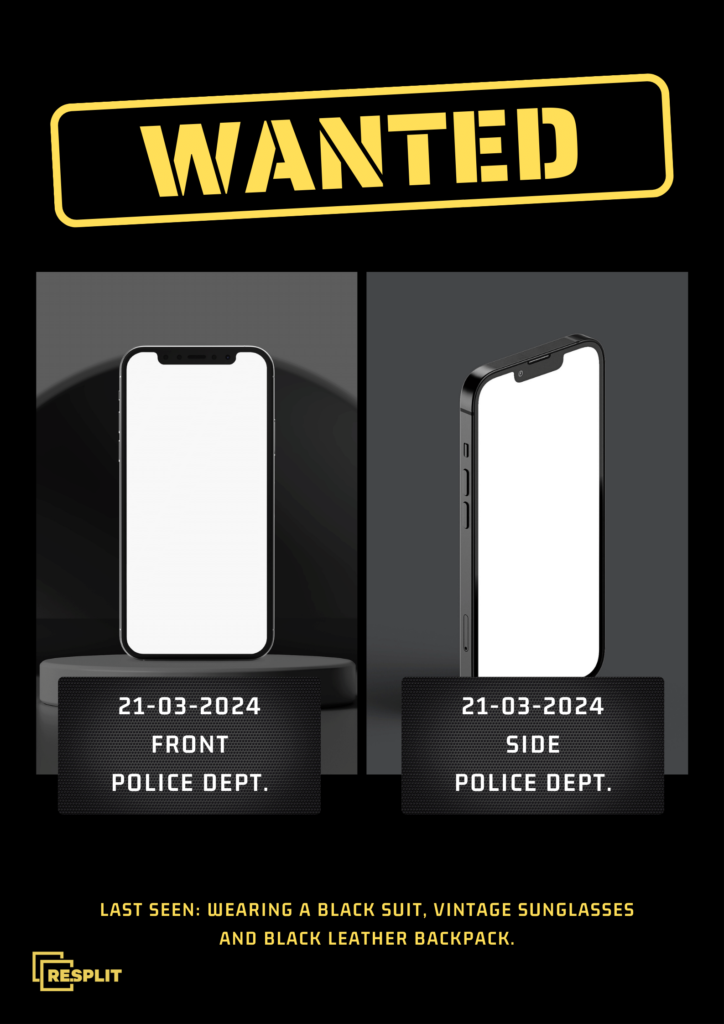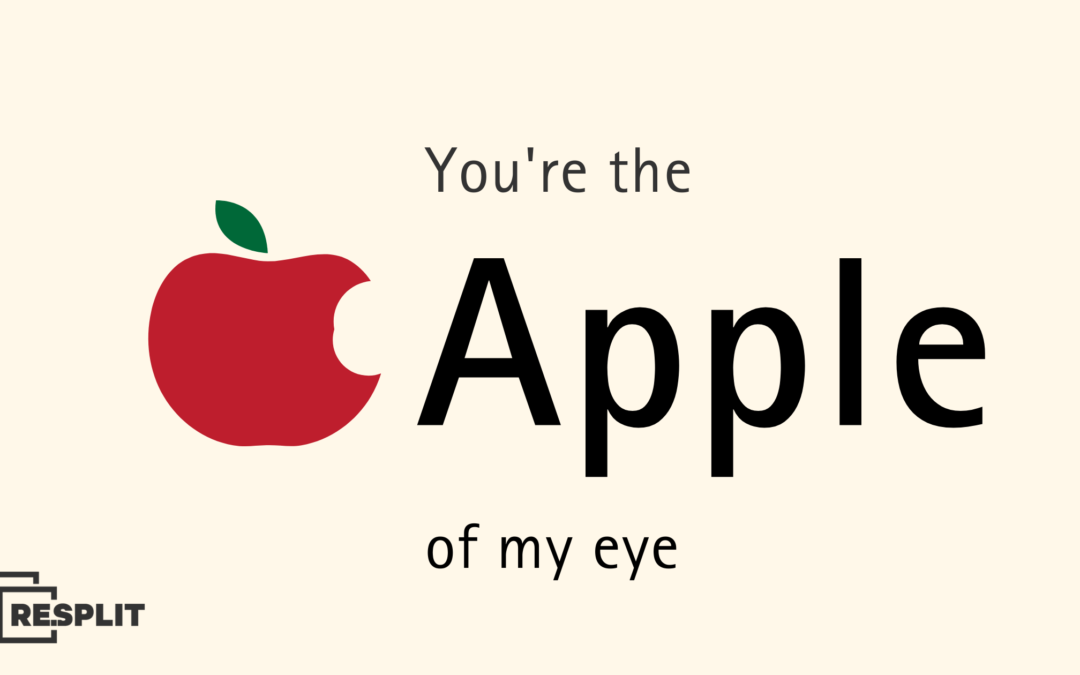In the ever-churning world of technology, where innovation and competition reign supreme, few events capture attention quite like legal battles between government regulators and tech giants. The latest in this ongoing saga is the US Department of Justice’s (DOJ) decision to sue Apple, one of the world’s most valuable companies.
The DOJ accuses Apple of anti-competitive practices within its App Store. Alleging the tech behemoth is monopolizing the smartphone market and stifling competition. This extends beyond just the mobile phone industry, potentially impacting numerous other sectors reliant on mobile devices. Including finance, fitness, gaming, social media, journalism, and entertainment. This lawsuit raises critical questions about the future of the digital marketplace, competition, and user privacy.
“Should we design our products in a way that would benefit competitors?”
Apple
What’s the Apple Lawsuit About?
The DOJ argues that Apple leverages its dominant position in the mobile app market through its business practices to charge excessive fees to developers and limit consumer choice. Particularly through the App Store and its policies towards app developers. The lawsuit, filed in federal court in New Jersey, claims this tech giant has used a “series of opaque rules” in an attempt to “stifle innovation” and “throttle” competitors. Allegedly, Apple has blocked feature-rich applications, suppressed cloud-based mobile streaming services. Also, they restricted third-party digital wallets, and “reduced functionality” of non-Apple smartwatches. These actions, according to the DOJ, not only harm competitors but also limit consumer choice and innovation. They believe that if Apple’s behavior isn’t stopped, it’s likely the company will expand its monopoly from iPhones to other markets and sectors of the economy.
Key Points of the Apple Lawsuit:
- Apple’s control over the App Store grants them monopolistic power over iOS app distribution.
- Apple requires developers to pay a 30% commission on all in-app purchases and sales.
- Apple restricts developers from using alternatives to the App Store for distributing their applications.
- The DOJ argues these practices harm consumers through higher prices, less choice, and limited innovation.
Also, the European Union fined Apple nearly €1.8 billion for favoring its own music service over rivals like Spotify.
“We allege that Apple has used a strategy of exclusionary conduct that harms both consumers and developers”
Merrick Garland (US Attorney General)

Apple’s Defense
In response to the lawsuit, Apple maintains that their practices are not only legal but also beneficial to consumers. Emphasizing the security, privacy, and quality of service the App Store provides. The company argues that their commissions are industry-standard and allow them to invest in maintaining a secure and reliable ecosystem for both users and developers. They highlight that this lawsuit threatens what they stand for and the principles that have set Apple products apart in the market.
“If successful, this lawsuit would stifle our ability to create the technologies people around the world depend on us for”
Apple
Potential Consequences of the Lawsuit
This lawsuit has the potential to be a game-changer, not just for Apple but for the entire tech industry. If the DOJ prevails, we could see a more open app market, with increased competition and innovation. Additionally, it could lead to a reduction in the fees charged to developers. Conversely, a ruling in Apple’s favor could solidify the current business models of big tech companies, potentially slowing down regulatory efforts to establish stricter competition rules.
Following the announcement of the lawsuit, Apple’s shares dropped 7.3%, with the company losing $115 billion in market value overnight.

What Does This Mean for You?
As an iPhone user, this lawsuit could lead to lower app prices and a wider selection. As a developer, this lawsuit could give you more freedom in distributing your apps and potentially lower your costs.
The battle between the DOJ and Apple isn’t just a legal fight. It’s a cultural and economic clash that will define the future of the digital marketplace. Regardless of the outcome, one thing is certain: the result will have far-reaching implications for how tech companies operate. Also it will have an impact on how regulators shape policy, and most importantly, how consumers access digital services and products. The DOJ’s lawsuit against Apple is a significant event in the tech industry, and its outcome will have long-lasting consequences for Apple, developers, and consumers alike.
Only time will tell if this lawsuit ushers in a new era of competition and innovation or serves as a validation of the status quo in the tech sector.
Source:
https://edition.cnn.com/business/live-news/doj-apple-antitrust-lawsuit-03-21-24/index.html
https://techcrunch.com/2024/03/21/apple-sued-by-doj-over-iphone-monopoly-claims/
https://www.vox.com/technology/2024/3/21/24108155/apple-new-antitrust-lawsuit-iphone-monopoly

